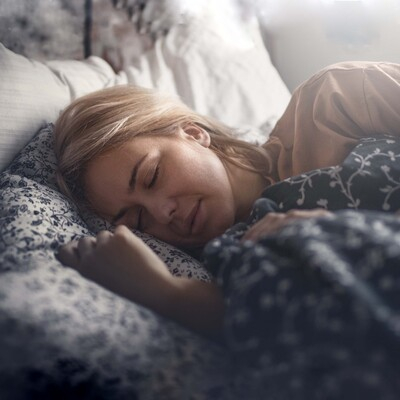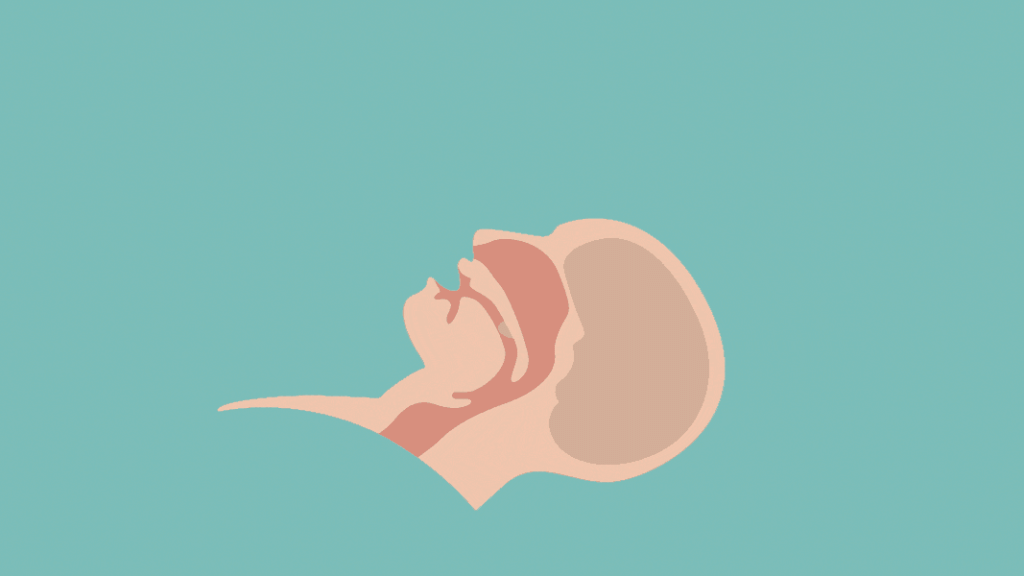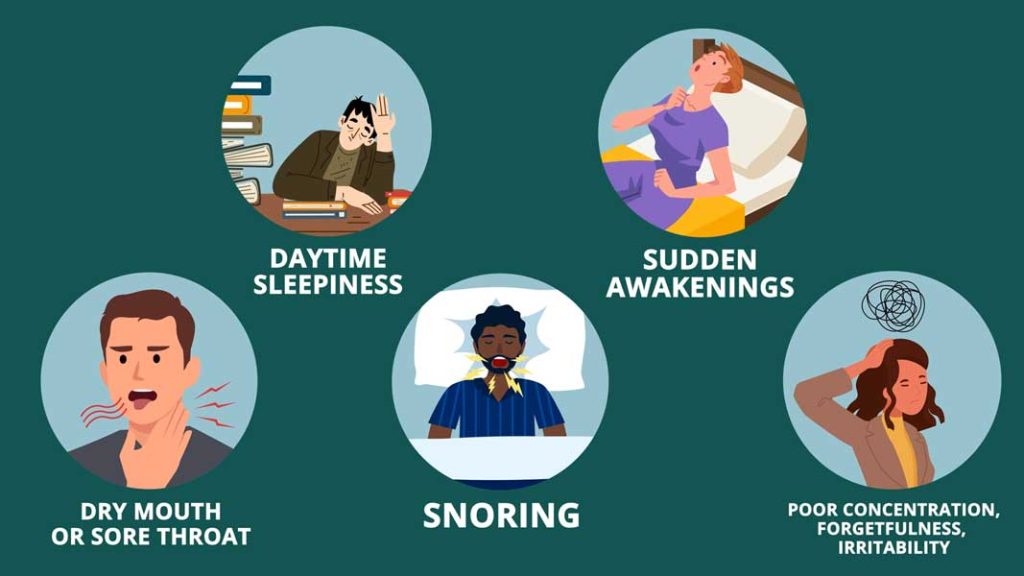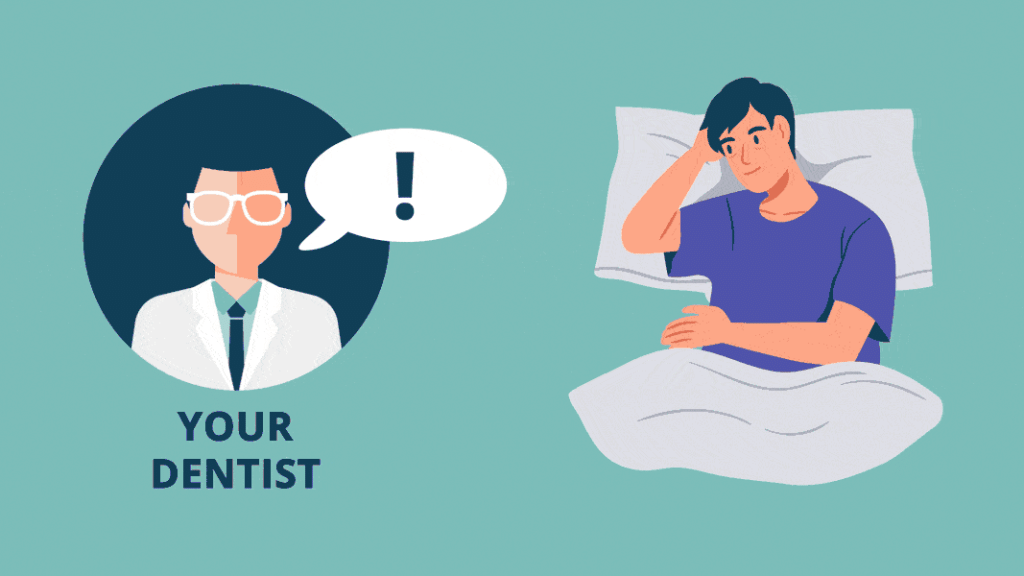
Typical signs of sleep apnea include loud snoring, daytime fatigue, restless sleep, waking up gasping for air, dry mouth, trouble concentrating, and irritability. In children, it may cause poor school performance, unusual sleeping positions, and daytime mouth breathing.
The word apnea literally means “not breathing.” Sleep apnea is a condition that causes a person to stop breathing periodically during sleep. There are two forms of sleep apnea: central sleep apnea and obstructive sleep apnea.
Central sleep apnea stems from a neurological problem and requires treatment by an experienced sleep physician. Obstructive sleep apnea, which is far more common, occurs because something blocks the airway and causes breathing to stop.

Dentists can help play an important role in recognizing the signs and symptoms of obstructive sleep apnea, however many signs and symptoms can also be recognized prior to your next check-up. Obstructive sleep apnea can occur at any age, and is more common in men than women. There are many predisposing factors to sleep apnea, such as one’s anatomical airway size and obesity.

A person affected with obstructive sleep apnea may experience signs and symptoms like:
Obstructive sleep apnea is the most commonly diagnosed sleep disorder in children. However, children often experience and respond to fatigue and poor sleep quality differently than adults. In a child, obstructive sleep apnea can manifest as:
Long-Term Effects of Obstructive Sleep Apnea
Sleep apnea has been linked to a wide range of health problems. If left untreated, obstructive sleep apnea can cause or aggravate medical conditions such as:
Also due to the sleepiness and fatigue sleep apnea often causes, those with untreated sleep apnea can find themselves in dangerous incidents while driving or working. For students, sleep apnea may lead to poor academic performance.
The dental treatment of sleep apnea goes by many names. You may hear terms like “dental sleep medicine,” “oral appliance therapy,” or “mandibular advancement devices.” Some people also confuse it with the term sleep dentistry, which usually means dental treatments performed under some form of sedation.
Recognition of Sleep Apnea Signs and Symptoms
During regular exams, your dentist will perform a thorough evaluation of the entire oral cavity, including the oropharynx (the opening from the mouth into the throat), they are in a key position to identify signs that a patient may have sleep apnea. Sleep apnea often causes problems like teeth clenching and/or grinding or acid reflux, which leave visible evidence on the teeth.

People afflicted with obstructive sleep apnea may show the following signs during a thorough oral evaluation:
Dental Treatment of Sleep Apnea
Dentists are often instrumental in the discovery and treatment of mild to moderate sleep apnea because of their ability to offer oral appliance therapy. An oral appliance is an attractive and effective alternative to bulky positive airway pressure machines (like CPAP or BiPAP).
Most oral appliances treat obstructive sleep apnea through opening and stabilizing the upper airway. This improved airway is achieved by positioning the lower jaw closed and slightly forward.
It is essential that any oral appliance treatment of obstructive sleep apnea be performed only by a trained dentist. The appliances can make changes to the teeth, muscles and jaws over time, and close monitoring by your dentist is essential to successful, long-term treatment.
